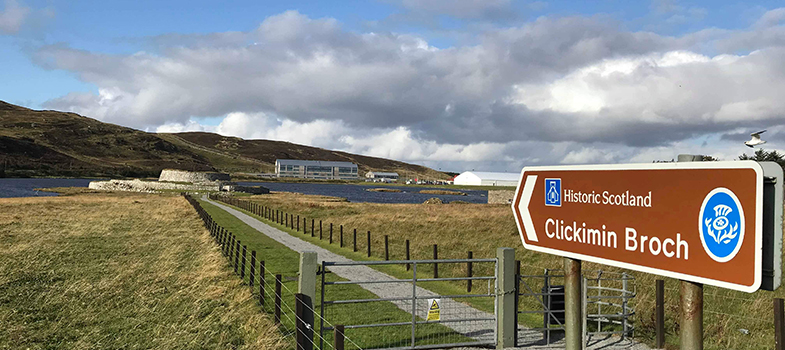11.1 What the Scots language is, and what it is not
The Scots language is one of three indigenous languages of Scotland. Scotland’s other indigenous languages are English and Gaelic. English is used throughout Scotland, while Gaelic is used mostly in the Highlands and the Western Isles. Scots is spoken throughout the Lowlands, in the Scottish cities, and in the Northern Isles.
Scots has often been misunderstood as 'slang', as corrupt or inferior English, or as a dialect of English. Following the ratification by the UK Government in 2000 of the European Charter for Regional and Minority Languages, most academics are now in agreement that Scots is a Germanic language in its own right, and that it is a sister language to English, with which it shares a common ancestor in dialects of Old English.
It hasn’t always been appreciated that Scots has some 60,000 unique words and expressions, that it is the language of a magnificent, centuries-old literature, or that it was once a language of state used by kings, politicians and ordinary people alike.
There are many different varieties of Scots. Some of these have local names of their own, and they are sometimes known as ‘dialects’. It is important not to confuse dialects of Scots with dialects of English, or to imagine that Scots is a dialect of English. So, the dialects of Caithness, Orkney or Shetland are varieties of Scots. The language used in the North East of Scotland and known as the Doric is a variety of Scots.
Scots is also the name that we use for the distinctive language used in the cities of Dundee, Edinburgh or Glasgow. Scots is the name for the language used in parts of Dumfries and Galloway, in Ayrshire, or in the Scottish Borders. In the 2011 Scottish Government census, about a million and a half people reported that they use and understand Scots to some degree.
As the linguist Max Weinreich famously put it: ‘A language is a dialect with an army and a navy’, meaning that the distinction between a ‘language’ and a ‘dialect’ is largely a political distinction. Scots has a vast range of vocabulary, a long history, a wide variety of unique grammatical features, a huge store of idiomatic expressions, and a number of sounds that are never used in English.
For these reasons, most linguists and academics agree that Scots is a language in its own right.
Activity 4
In this activity you will establish what makes Scots a language in its own right. Although the distinction between a ‘language’ and a ‘dialect’ is largely a political distinction, there are characteristics that help you distinguish a language in its own right.
According to the information in the text above, which statements are true and which are false?
a.
True
b.
False
The correct answer is a.
a.
False
b.
True
The correct answer is a.
a.
False
b.
True
The correct answer is a.
a.
False
b.
True
The correct answer is a.
a.
True
b.
False
The correct answer is a.
11. Introductory handsel
